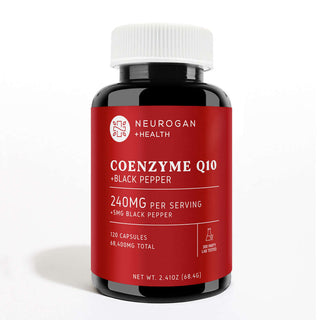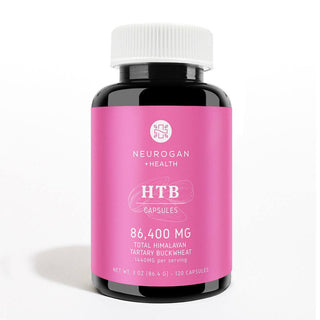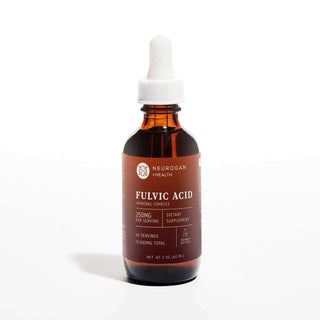Post Workout Supplements
Himalayan Tartary Buckwheat (HTB) Capsules
[ 1440mg ]$26
- Unit price
- /per
You’re viewing 1-11 of 11 products
100% Money-Back Guarantee
Your wellness is our priority. If you're not completely satisfied with your purchase, we’ll refund you in full—no hassle, no questions asked. Try it risk-free!
100% Quality Assurance
We prioritize purity and potency in every product. Our formulas are crafted with the highest quality ingredients and tested for consistency and effectiveness.
100% Transparency
We believe in full ingredient transparency. Every batch is third-party tested, and our lab reports are available to ensure you know exactly what you’re getting.
100% Science-Backed Formulas
Our products are developed with research-backed ingredients designed to support your wellness journey with proven benefits.
We’re here to help
Have more questions? Visit our Help Center or reach out to us at support@neuroganhealth.com — we're happy to assist you on your wellness journey.
What supplements work best for post workout sessions?
For post-workout recovery, supplements like protein powders, BCAAs (Branched-Chain Amino Acids), and creatine are commonly used to support muscle repair and growth. Additionally, Urolithin A, a compound derived from pomegranates, is gaining attention for its potential to improve muscle endurance and strength by stimulating mitochondrial biogenesis.

























